Issues of Jurisdictional Objections in International Commercial Arbitration
International commercial arbitration, as a mechanism for dispute resolution, is widely utilized in international commercial activities. However, in practice, even when there is an arbitration agreement between the parties, one party may still raise objections regarding the validity of the arbitration clause and whether the dispute falls within the scope of arbitration. Such objections affect the effective conduct of the arbitration proceedings. Therefore, it is necessary to analyze the jurisdictional objections in international commercial arbitration to provide guidance for parties participating in arbitration activities. This paper will start by categorizing the types of jurisdictional objections and systematically analyze the jurisdictional objection issues in international commercial arbitration.
I. Objections to the Jurisdiction of the Arbitral Institution
Autonomy is one of the prominent features of arbitration. However, in the arbitration practice in China, Article 18 of the “Arbitration Law of the People's Republic of China” stipulates, " If an arbitration agreement contains no or unclear provisions concerning the matters for arbitration or the arbitration commission, the parties may reach a supplementary agreement. If no such supplementary agreement can be reached, the arbitration agreement shall be null and void." When the designated arbitration institution is unclear, nonexistent, or the name does not match the official name or abbreviation of the institution, disputes may arise regarding the effectiveness of the arbitration agreement and the jurisdiction of the arbitration institution.
Case 1: Dispute over the Jurisdiction of the Arbitral Institution in the International Sale of Goods Contract Dispute between Beautistyle International Corp. and Huaken International
In this case, the arbitration clause stipulated the arbitration institution as the " China Council for the Promotion of International Trade Beijing Sub-council (CCPIT BEIJING)". This led to a dispute between the parties as to whether the arbitration institution referred to was the " China Council for the Promotion of International TRade" or the "China International Economic and Trade Arbitration Commission." Before initiating the lawsuit, Beautistyle International Corp. consulted the China International Economic and Trade Arbitration Commission on the validity of the arbitration agreement. The reply was, "The differences are too significant, it is suggested to directly file a lawsuit with the court." Eventually, The Supreme People's Court of the People's Republic of China (Case No.: [2020] Supreme Court Min Ta 300) issued the following reply: Although the arbitration institution specified in the arbitration clause is the " China Council for the Promotion of International Trade Beijing Sub-council (CCPIT BEIJING)," its name is inaccurate. However, considering that both parties recognize that the "China Council for the Promotion" is the abbreviation of China Council for the Promotion of International Trade, and in conjunction with the provisions of Article 1(2) of the China International Economic and Trade Arbitration Commission CIETAC Arbitration Rules (2012 Revision) and Article 1(2) of the China International Economic and Trade Arbitration Commission CIETAC Arbitration Rules (2014 Revision), as well as the fact that the China International Economic and Trade Arbitration Commission has its headquarters in Beijing and branches in cities such as Shenzhen, it can still be determined based on its textual expression that the arbitration institution chosen by the parties is the China International Economic and Trade Arbitration Commission. According to Article 3 of the Supreme People's Court's Interpretation of the Application of the Arbitration Law of the People's Republic of China, it should be determined that the parties to the contract have selected the arbitration institution, and the arbitration clause is valid.
Case 2: Jurisdictional Determination Instance of a Dispute Arbitrated under the " China International Economic and Trade Arbitration Commission Hong Kong Arbitration Center "1
The parties agreed in the arbitration clause that "All disputes ... shall then be submitted for arbitration to HONG KONG International Economic and Trade Arbitration Commission." After a dispute arose, the applicant initiated arbitration with the "China International Economic and Trade Arbitration Commission Hong Kong Arbitration Center." The respondent raised a jurisdictional objection, arguing that the arbitration institution specified in the arbitration clause was not China International Economic and Trade Arbitration Commission Hong Kong Arbitration Center, and such an arbitration institution does not exist in Hong Kong. The arbitration tribunal referred to the cases of Lucky-Goldstar International (H.K.) Ltd2. v. Ng Moo Kee Engineering Ltd and HKL Group Co Ltd v Rizq International Holdings Pte Ltd3 to determine how to identify the arbitration institution when the one specified in the arbitration clause does not exist. First, from the content of the arbitration clause, if there is an expression of intent between the parties to submit disputes to arbitration, the arbitration institution agreed upon by the parties can be inferred based on the specific content of the arbitration clause, the place of arbitration, and the type of dispute. Second, one should not confine oneself to a literal interpretation but employ a holistic interpretative approach. Third, since there is only one arbitration center in China's Hong Kong region that includes the content of "HONG KONG International Economic and Trade Arbitration Commission," the arbitration tribunal ruled that the "HONG KONG International Economic and Trade Arbitration Commission" in the arbitration clause should be interpreted as the "China International Economic and Trade Arbitration Commission Hong Kong Arbitration Center."
II. Jurisdictional Objections Based on the Validity of the Arbitration Agreement
Based on the principle of the autonomy of the arbitration agreement, the effectiveness of the arbitration agreement also determines whether the arbitral tribunal has jurisdiction over the case.
(I) Invalid Form of the Arbitration Agreement
Like other types of contracts, the arbitration agreement also has formal requirements. Article 2.1 of “the New York Convention on the Recognition and Enforcement of Foreign Arbitral Awards”(referred to as the New York Convention) provides: "Each Contracting State shall recognize an agreement in writing under which the parties undertake to submit to arbitration all or any differences which have arisen or which may arise between them in respect of a defined legal relationship, whether contractual or not, concerning a subject matter capable of settlement by arbitration. " Article 7.2 of UNCITRAL Model Law on International Commercial Arbitration (referred to as the UNCITRAL Model Law) on International Commercial Arbitration of 1985 states: "An arbitration agreement shall be in writing." The 2006 Amendment to this article provides two alternative texts. Alternative Text 1 still states, "The arbitration agreement shall be in writing," while Alternative Text 2 eliminates the requirement of the arbitration agreement being in writing.
Article 4 of the Arbitration Law of the People's Republic of China stipulates: "The parties' submission to arbitration to resolve their dispute shall be on the basis of both parties' free will and an arbitration agreement reached between them. If a party applies for arbitration in the absence of an arbitration agreement, the arbitration commission shall not accept the case.” Article 16, Paragraph 1 provides: "An arbitration agreement shall include arbitration clauses stipulated in the contract and agreements of submission to arbitration that are concluded in other written forms before or after disputes arise. "
Therefore, whether the arbitration agreement is in written form also determines the validity of the arbitration agreement. Although oral arbitration is valid in some jurisdictions, it is still advisable for parties to sign a written arbitration agreement; otherwise, the arbitration agreement may not be protected by the “New York Convention”.
(II) Substantive Invalidity of the Arbitration Agreement
There is a question of whether the arbitration agreement meets the substantive validity requirements. For most legal systems, the arbitration agreement only needs to comply with the contract law principles regarding the effectiveness of contracts; for example, it is valid as long as there is no gross unfairness or fraud. However, specific analysis should still be conducted on the substantive law applicable to the arbitration agreement.
For example, Article 17 of the Arbitration Law of the People's Republic of China stipulates: " An arbitration agreement shall be null and void under one of the following circumstances: (1) The agreed matters for arbitration exceed the range of arbitrable matters as specified by law; (2) One party that concluded the arbitration agreement has no capacity for civil conducts or has limited capacity for civil conducts; or; (3) One party coerced the other party into concluding the arbitration agreement." Article 18 states: " If an arbitration agreement contains no or unclear provisions concerning the matters for arbitration or the arbitration commission, the parties may reach a supplementary agreement. If no such supplementary agreement can be reached, the arbitration agreement shall be null and void."
Furthermore, in the "Draft Amendment to the Arbitration Law of the People's Republic of China (Solicitation of Comments)," Article 91 stipulates, "Parties to commercial disputes involving foreign elements may agree on arbitration institutions for arbitration, or they may directly agree on arbitration by a specially established arbitral tribunal." This indicates China's intention to establish an interim arbitration system, but the Arbitration Law of the People's Republic of China still does not provide for interim arbitration clauses, and it still needs further argumentation on whether interim arbitration agreements are valid in China.
In other jurisdictions, such as Russia, similar cases exist. In the case of the Russian Federation v. Veteran Petroleum Limited, Yukos Universal Limited, and Hulley Enterprises Limited, the arbitral award, with a value of up to $50 billion, was annulled by the Hague District Court because Russia had never ratified the Energy Charter Treaty. However, the arbitration award determined that Russia agreed to arbitrate disputes with investors under the treaty.
III. Jurisdictional Objections Based on the Scope of the Arbitration Agreement
The scope of arbitration is different from the question of whether arbitration can be submitted under the law, which is usually referred to as "arbitrability." Since the jurisdiction of the arbitral tribunal stems from the principle of the parties' consent, the scope of jurisdiction of the arbitral tribunal is also subject to the parties' agreed limitations. In general, when parties stipulate arbitration clauses, they do not usually specify the specific matters for arbitration separately. To avoid disputes over the scope of arbitration, the most common expression is "all disputes arising out of or in connection with this contract." For example, the arbitration clause of APIAC states: " Any dispute, controversy, difference or claim arising out of or in connection with this contract, including its existence, validity or termination shall be submitted to arbitration administered by the Asia Pacific International Arbitration Chamber."
However, in some cases, the arbitration agreement itself has specific limitations on the scope of arbitration, and after a dispute arises, the parties have different understandings of the scope stipulated in the arbitration agreement, leading to jurisdictional objections.
Case: Jurisdictional Objection Raised Regarding the Scope of the Applicant in ICC Case No. 23920/FS
In this case, the applicant and the respondent belong to the same corporate group. They, along with a third party, signed a "Memorandum of Understanding," agreeing to apply German law. After the transaction was completed, the applicant and the respondent were no longer part of the same corporate group. Due to issues regarding the payment demand, the applicant submitted an arbitration application to the ICC, requesting the respondent to make payment. The respondent raised a jurisdictional objection, arguing that the applicant was not a party to the arbitration agreement. The reasons included: first, the applicant and the respondent were "parties" under the Memorandum of Understanding; second, the establishment of the respondent was for the needs of the Abu Dhabi project to ensure that the applicant was not influenced by external factors. The applicant and the respondent were previously part of the same group, and their internal disputes should be handled internally within the group; third, the Memorandum of Understanding does not allow the applicant to appoint arbitrators, so the effectiveness of the arbitration clause does not apply to the applicant.
The arbitral tribunal held that: The term "between Parties themselves" in the arbitration clause is consistent with the term "Parties" in the preamble of the Memorandum of Understanding. The term "Parties" in the preamble includes the applicant, the respondent, and the Abu Dhabi company. In addition, the legal representative of the applicant signed the Memorandum of Understanding, further demonstrating that the applicant is a party to the Memorandum of Understanding. The arbitration clause allows "all" parties to initiate arbitration according to the agreed content, and the applicant falls within the scope of the parties. Under this determination, the respondent has the obligation to prove: there is inconsistency between the understanding of "all parties" by the parties and the textual interpretation of the contract. The witness testimony requested by the respondent failed to fully prove this requirement, as the witness testimony merely represents the witness's subjective cognition and cannot fully explain it. Therefore, the scope of the arbitration application by the applicant is included in the arbitration clause.
Conclusion
In international commercial arbitration, jurisdictional objections are crucial procedural issues that directly relate to the legitimacy of arbitration proceedings and the enforceability of arbitration awards. This paper discusses the types of jurisdictional objections in commercial arbitration and summarizes three situations of jurisdictional objections concerning arbitral institutions, arbitration effectiveness, and arbitration scope, aiming to better assist readers in understanding and practicing jurisdictional objection issues in international arbitration.
Note:
- China International Economic and Trade Arbitration Commission (WeChat Official Account): "Three Cases Illustrating Jurisdictional Determination in Arbitrations at the 'Hong Kong International (Economic) Arbitration Commission'."
- Lucky-Goldstar International (H.K.) Ltd. v. Ng Moo Kee Engineering Ltd. [1993] 2 HKLR 73.
- HKL Group Co Ltd v Rizq International Holdings Pte Ltd [2013] SGHCR 5.
- International Chamber of Commerce (ICC): "Determining the Validity of Informally Named Arbitration Agreements and Contractual Obligations by Arbitral Tribunals."
news
-
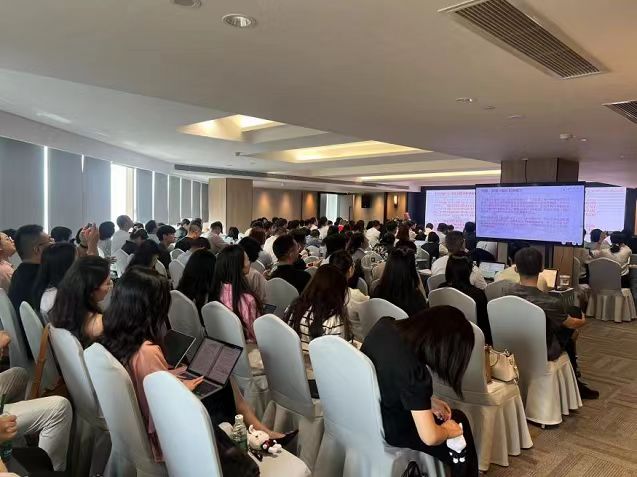 2023-09-21 02:01:59
2023-09-21 02:01:59 -
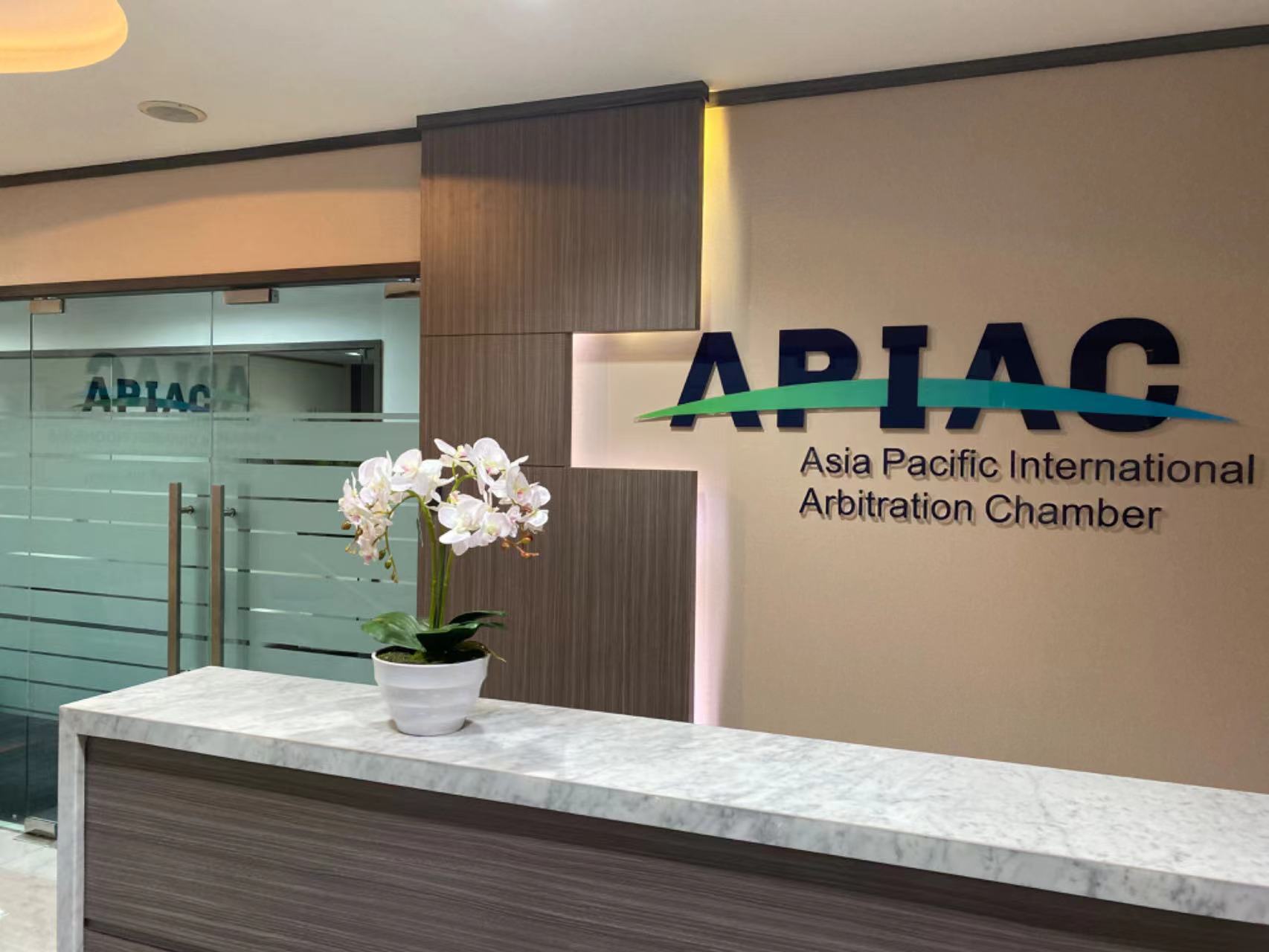 2023-09-21 02:01:59
2023-09-21 02:01:59 -
 2023-09-26 14:22:56
2023-09-26 14:22:56 -
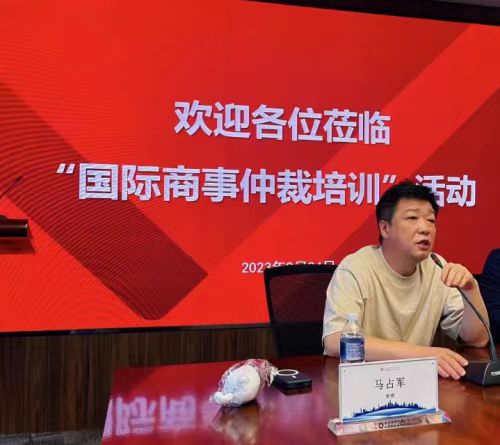 2023-10-07 08:34:26
2023-10-07 08:34:26 -
 2023-10-13 11:08:58
2023-10-13 11:08:58 -
 2023-10-25 10:30:58
2023-10-25 10:30:58 -
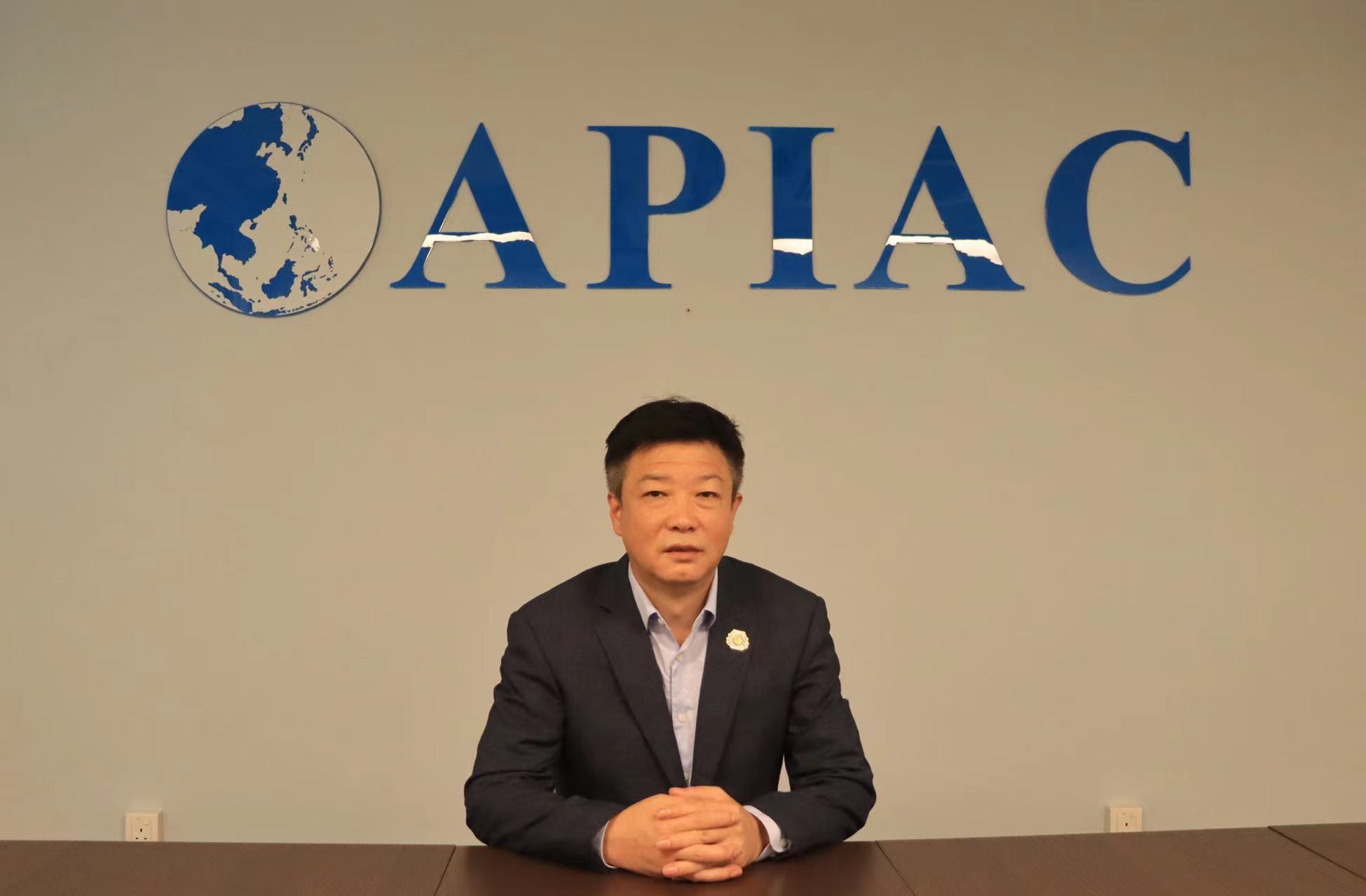 2023-10-25 11:08:40
2023-10-25 11:08:40 -
2023-11-22 14:57:27
-
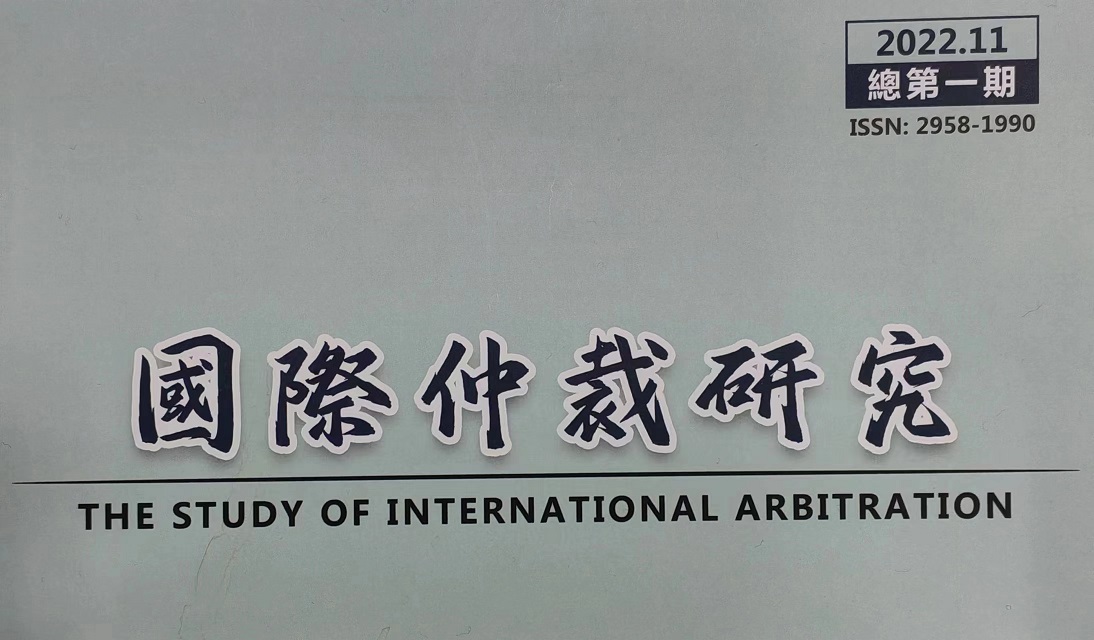 2023-11-24 16:06:15
2023-11-24 16:06:15 -
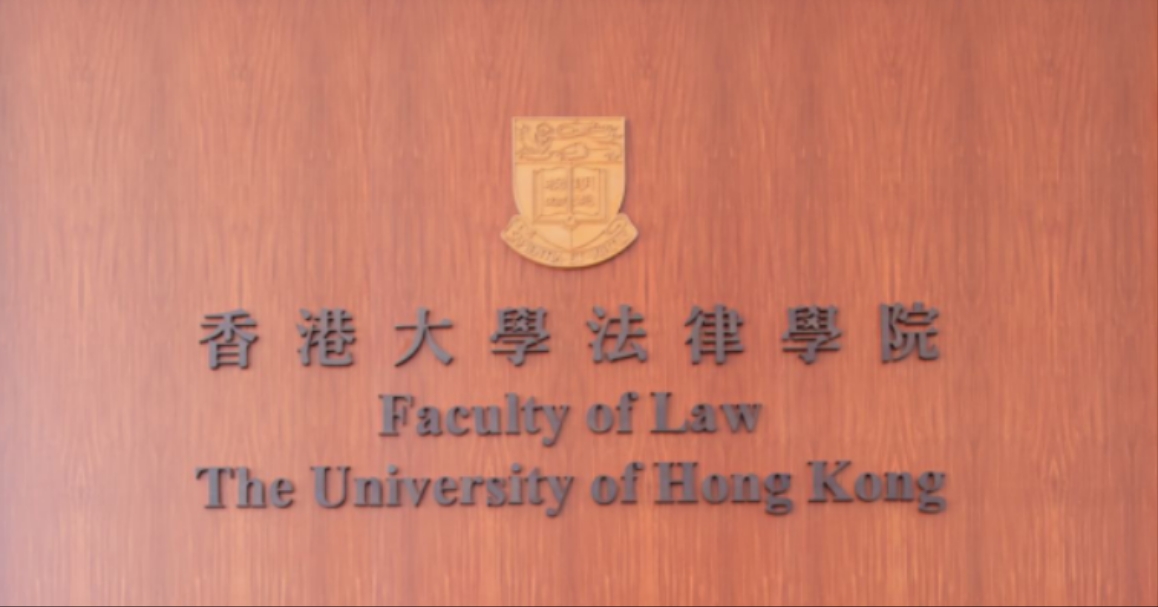 2023-11-24 17:34:06
2023-11-24 17:34:06 -
.jpg) 2023-11-27 11:07:53
2023-11-27 11:07:53 -
.png) 2023-12-07 11:34:06
2023-12-07 11:34:06 -
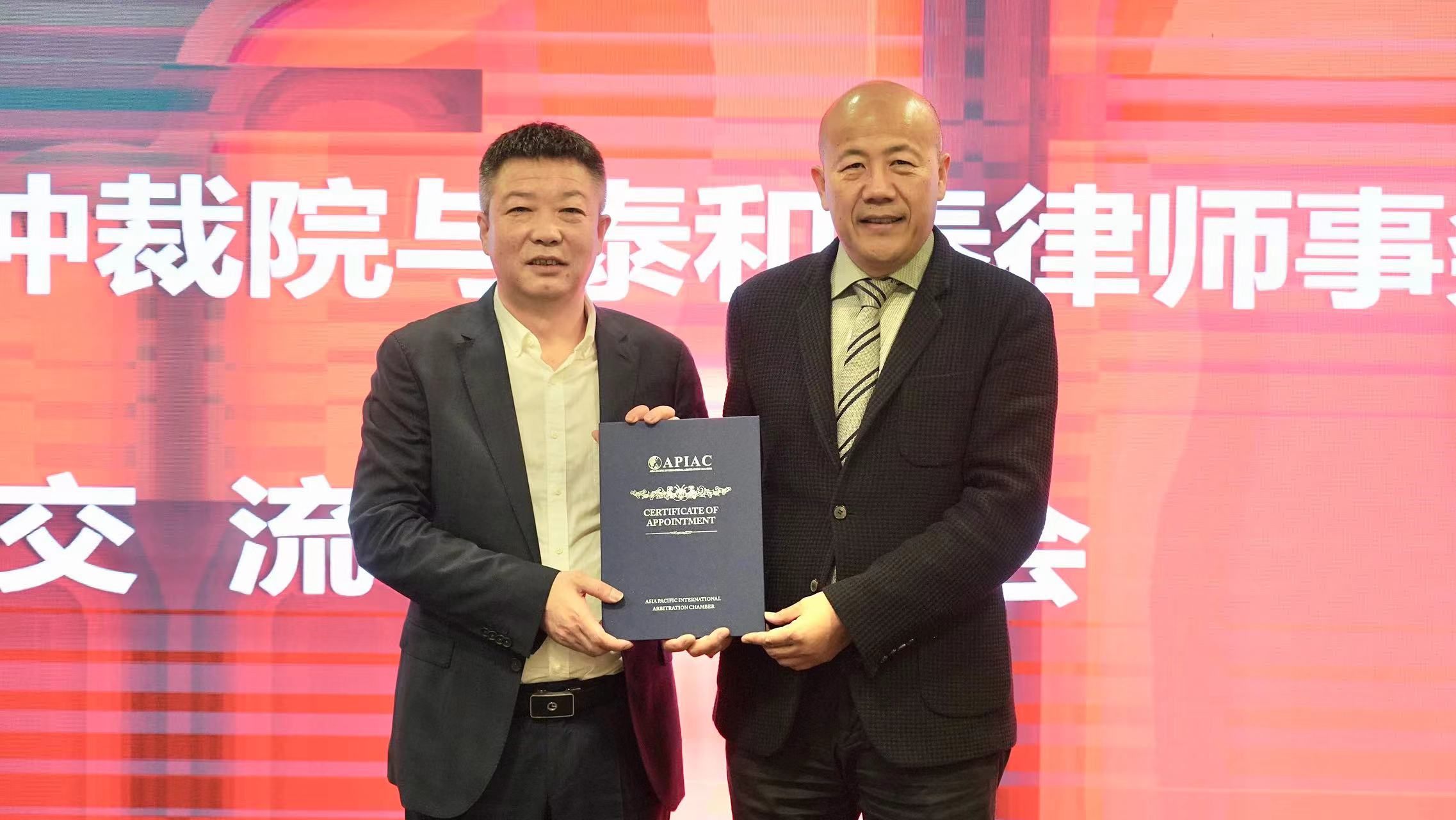 2023-12-19 09:18:51
2023-12-19 09:18:51 -
 2023-12-19 11:38:23
2023-12-19 11:38:23 -
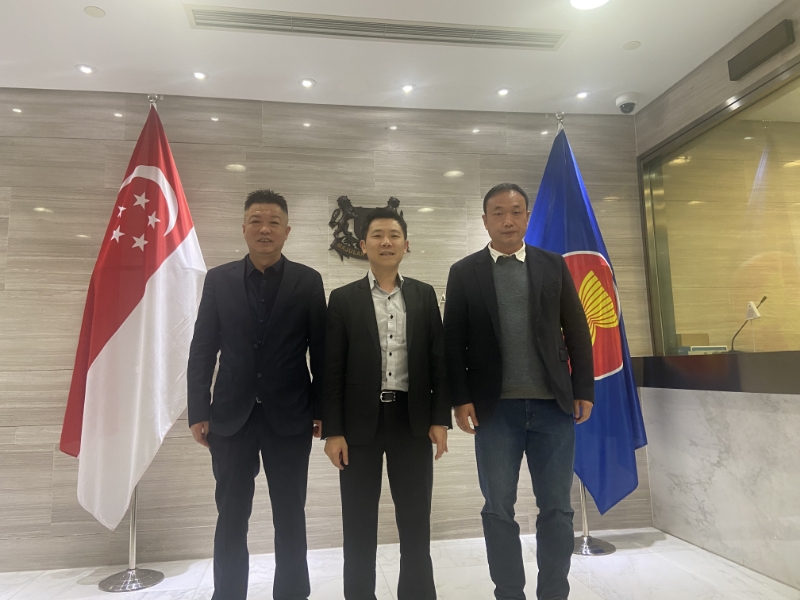 2023-12-19 11:53:22
2023-12-19 11:53:22 -
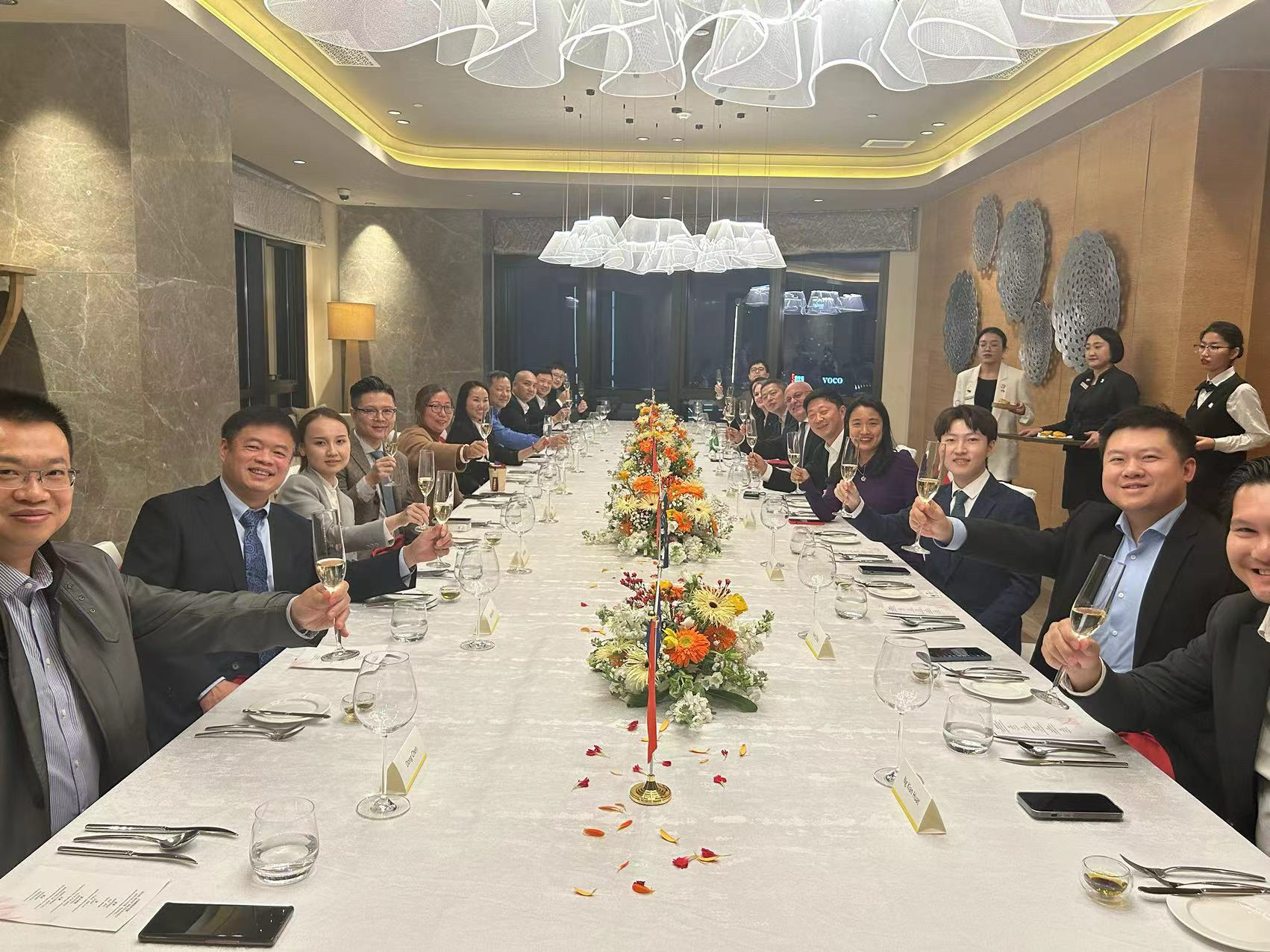 2023-12-19 14:46:19
2023-12-19 14:46:19 -
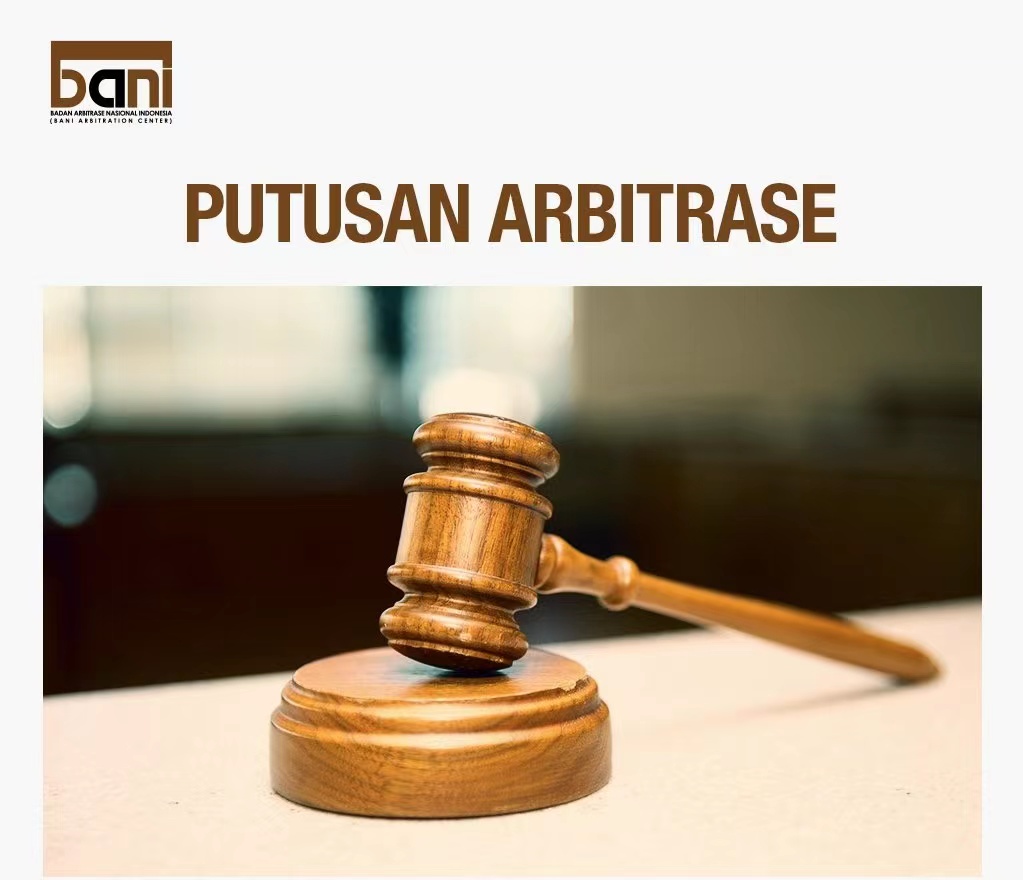 2023-12-21 14:43:26
2023-12-21 14:43:26 -
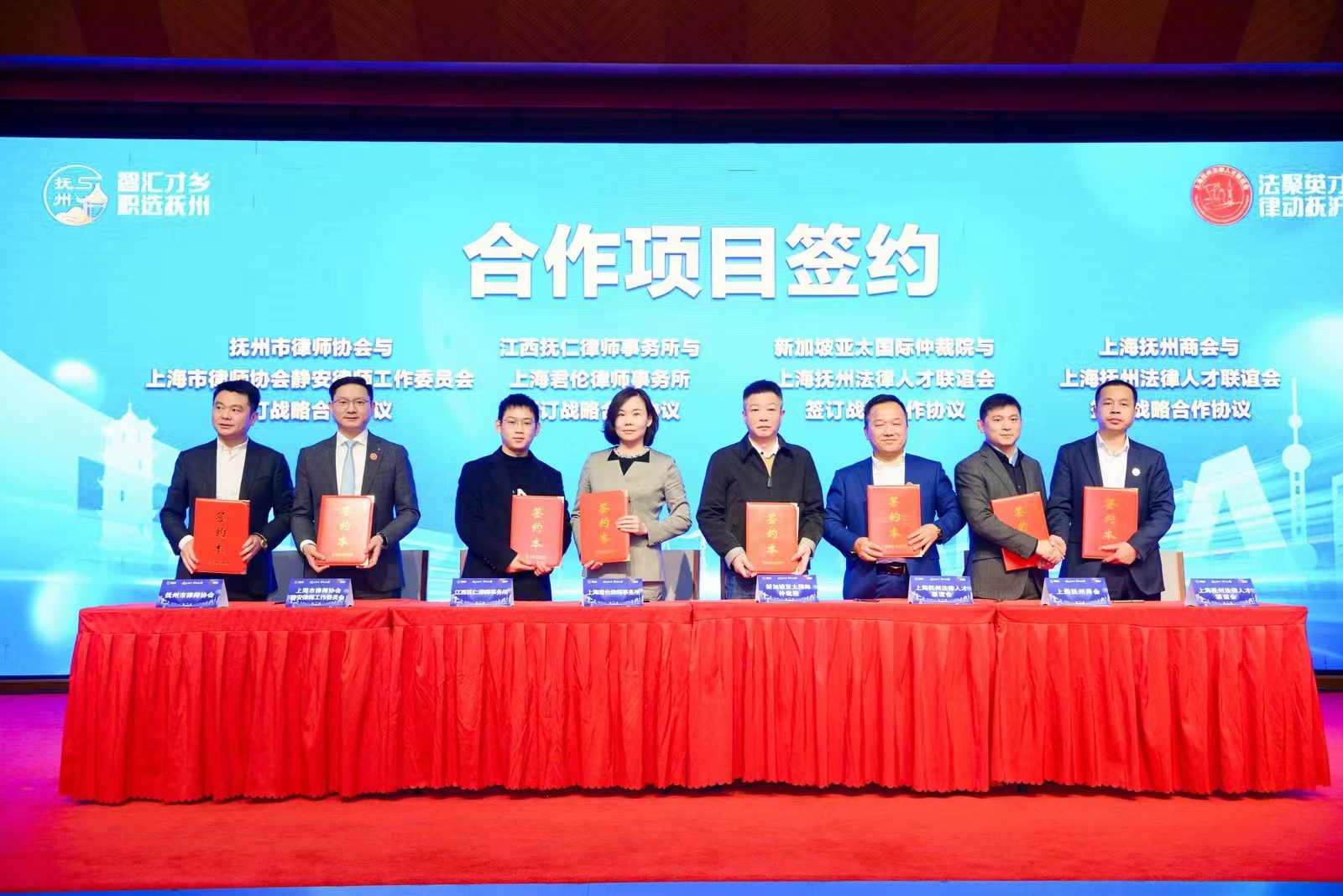 2023-12-25 11:04:59
2023-12-25 11:04:59 -
 2023-12-27 10:40:15
2023-12-27 10:40:15 -
.png) 2023-12-29 14:07:14
2023-12-29 14:07:14 -
.jpg) 2023-12-29 14:10:32
2023-12-29 14:10:32 -
 2024-01-03 16:27:17
2024-01-03 16:27:17 -
 2024-01-12 10:36:42
2024-01-12 10:36:42 -
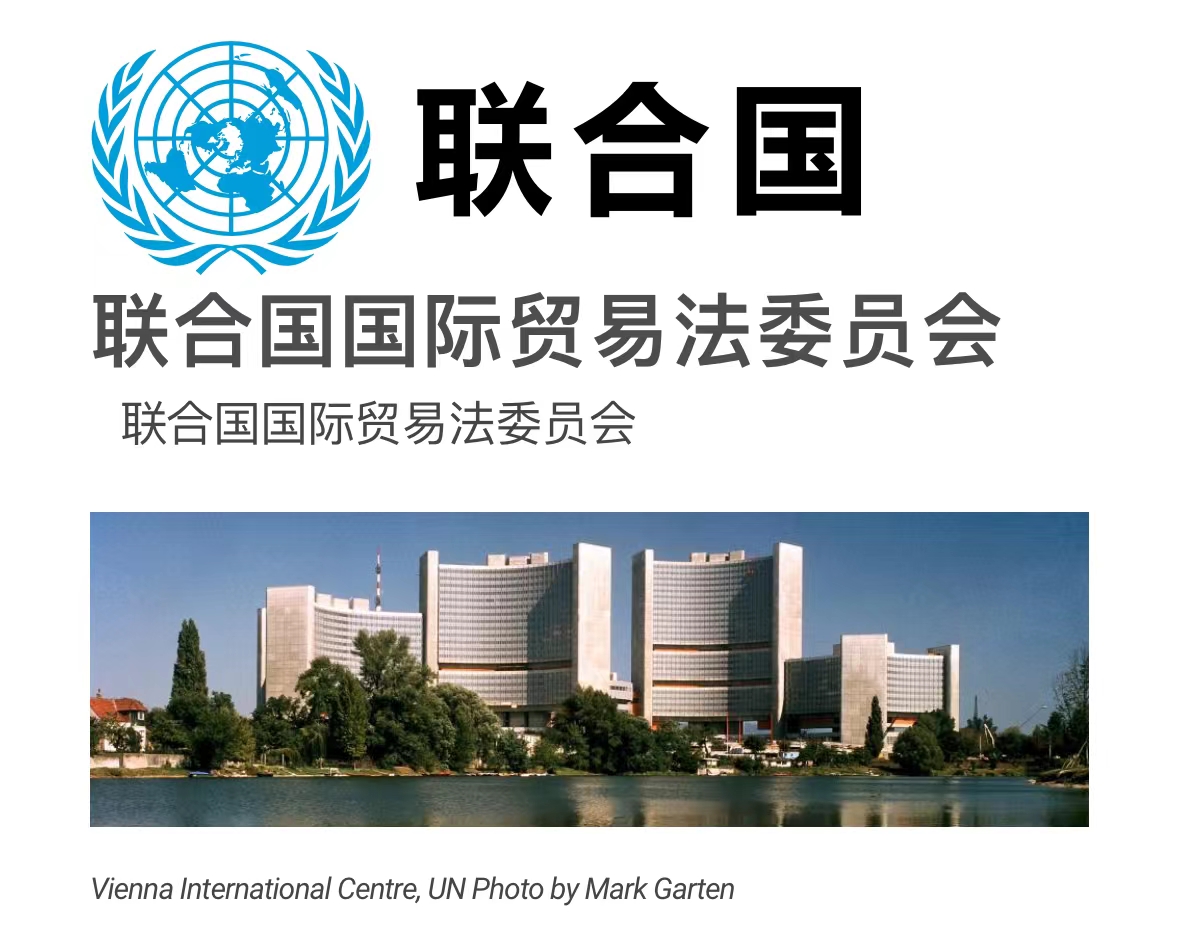 2024-01-17 15:01:24
2024-01-17 15:01:24 -
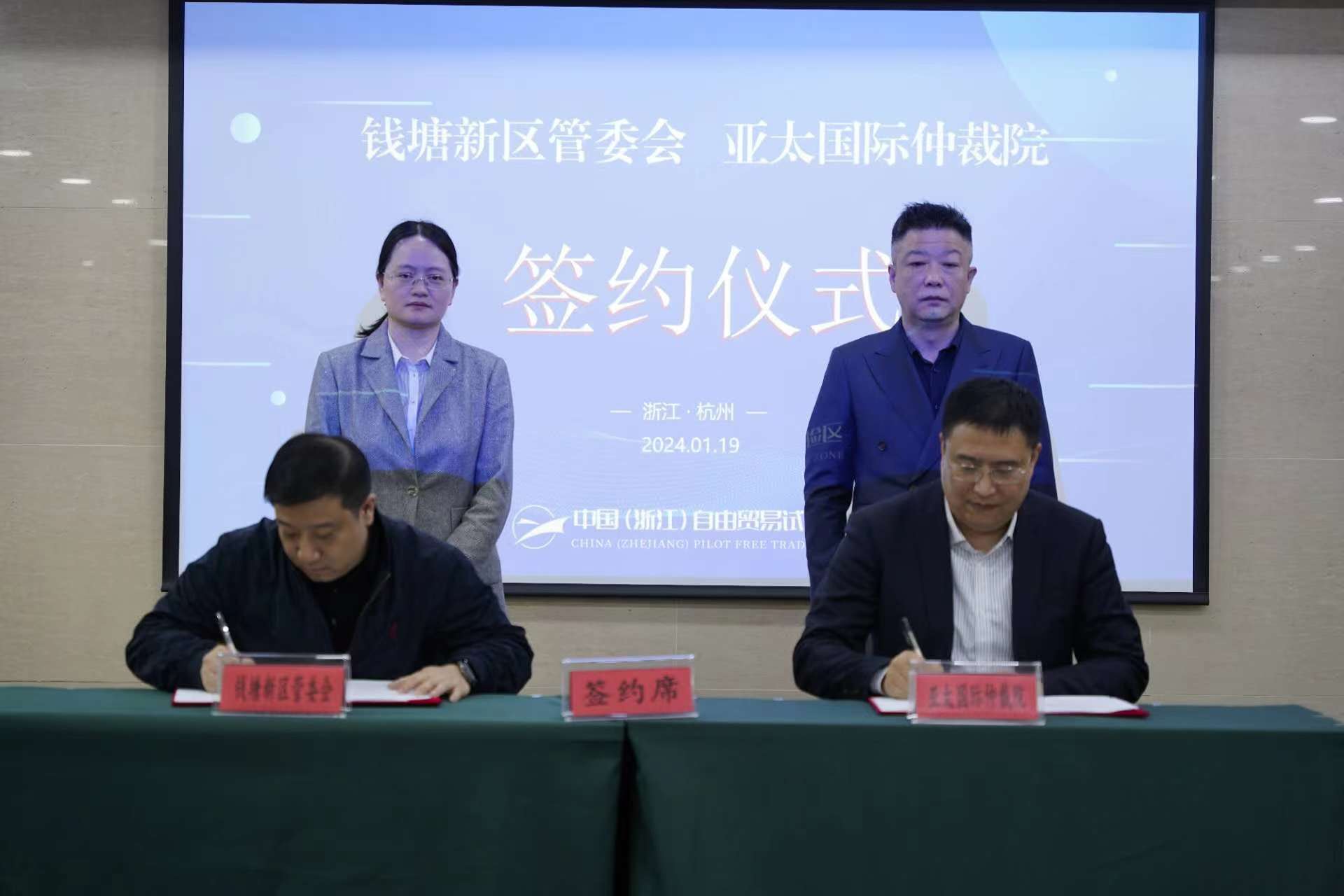 2024-01-30 10:10:28
2024-01-30 10:10:28 -
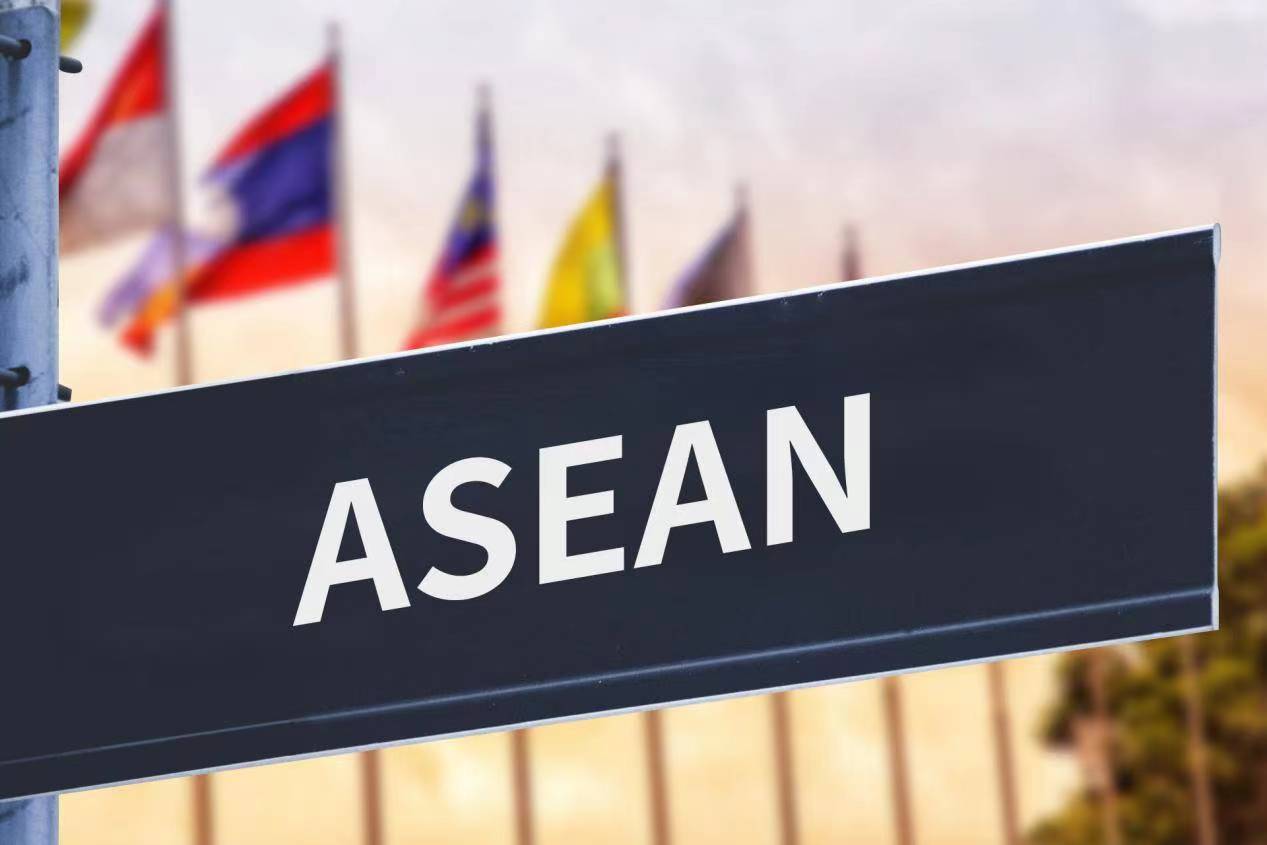 2024-01-30 10:45:10
2024-01-30 10:45:10 -
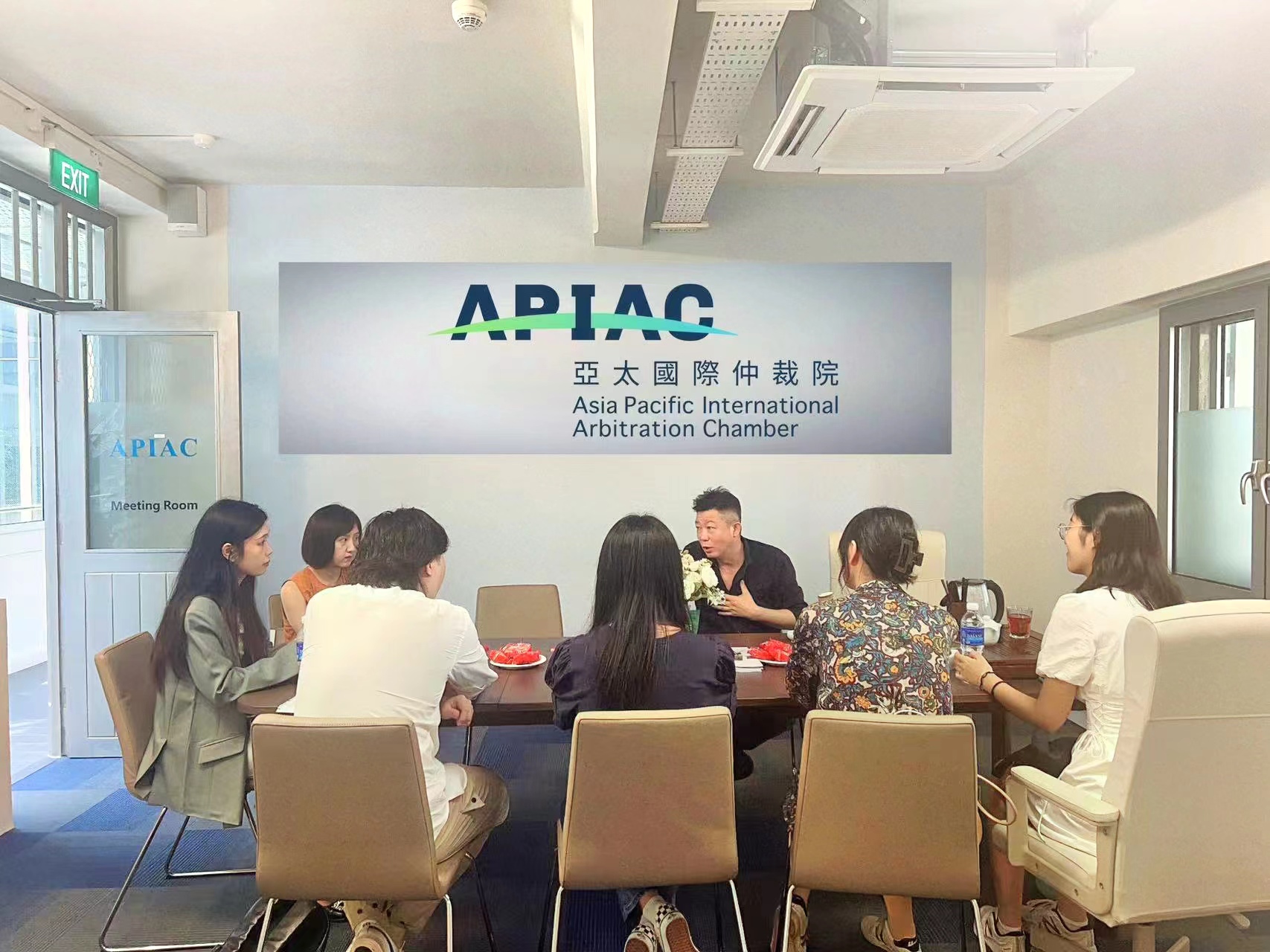 2024-01-30 15:47:05
2024-01-30 15:47:05 -
 2024-01-30 16:10:56
2024-01-30 16:10:56 -
 2024-02-21 10:01:34
2024-02-21 10:01:34 -
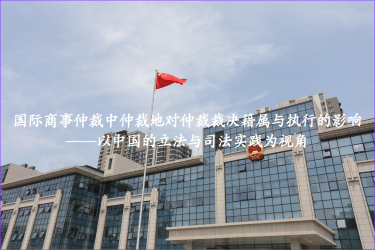 2024-02-21 10:05:01
2024-02-21 10:05:01 -
 2024-02-21 10:35:10
2024-02-21 10:35:10 -
2024-03-08 17:37:59
-
 2024-03-11 08:56:10
2024-03-11 08:56:10 -
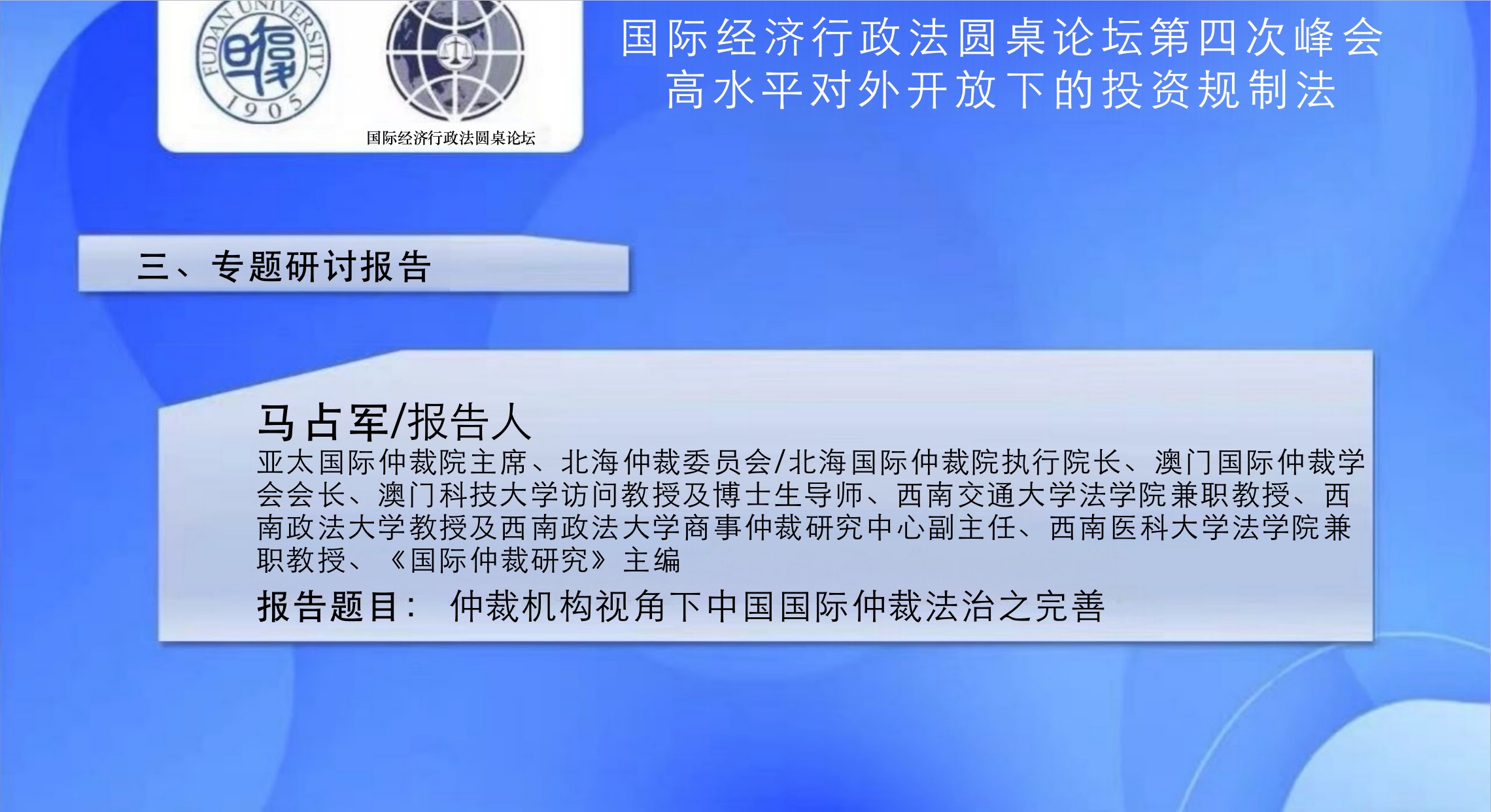 2024-03-22 14:24:24
2024-03-22 14:24:24 -
 2024-03-26 13:21:28
2024-03-26 13:21:28 -
2024-03-27 11:38:36
-
 2024-03-27 11:43:15
2024-03-27 11:43:15 -
2024-03-28 16:56:51
-
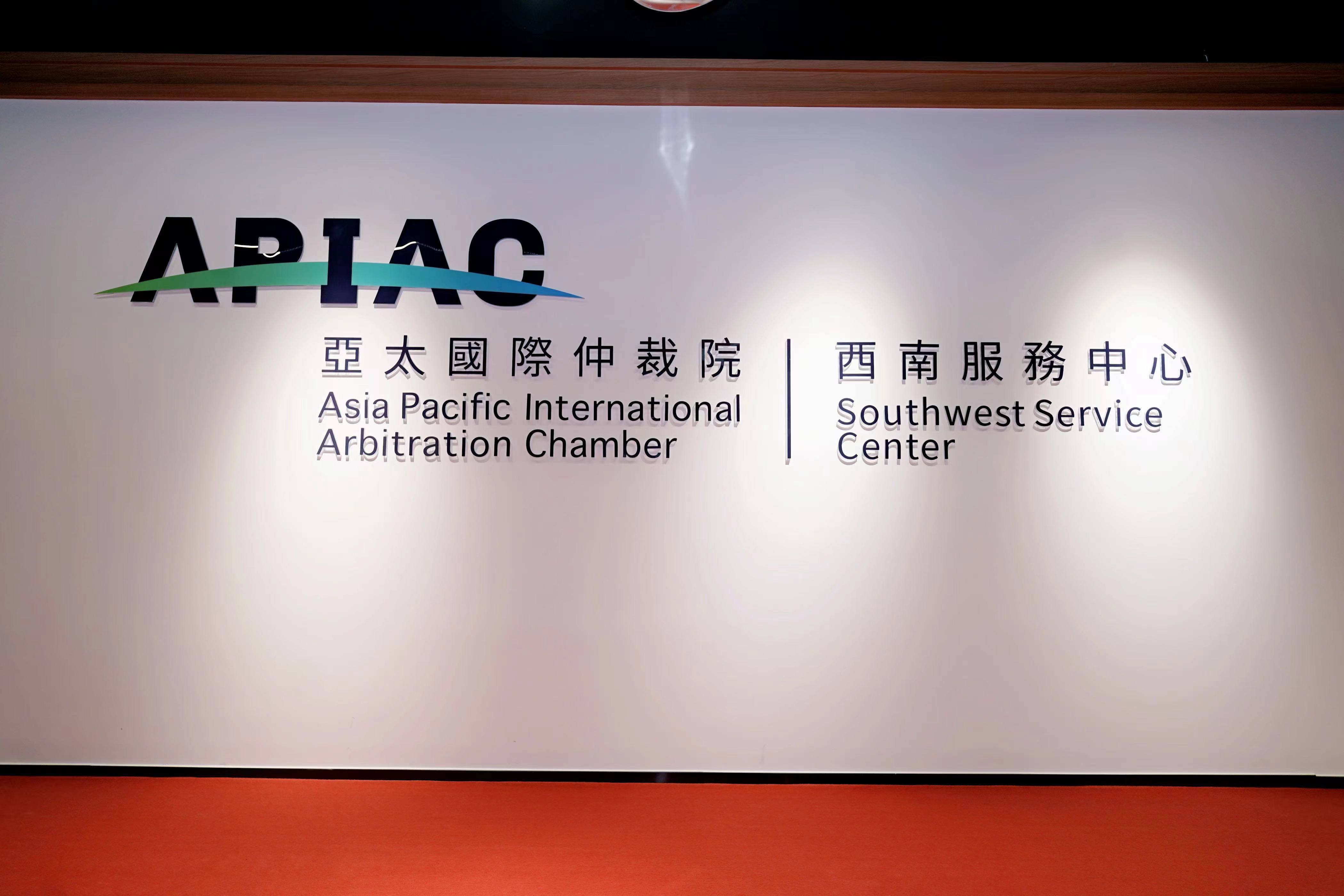 2024-04-01 14:59:03
2024-04-01 14:59:03 -
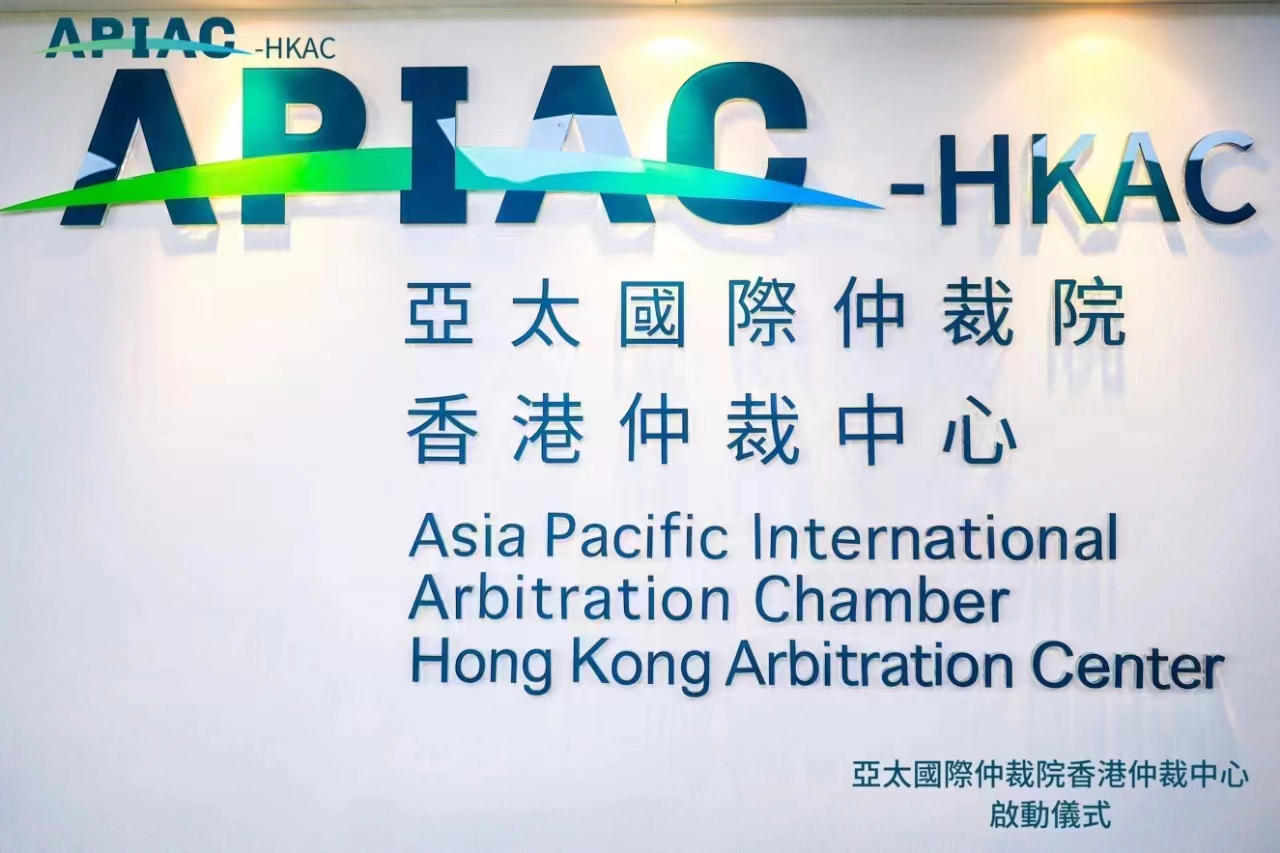 2024-04-09 10:46:25
2024-04-09 10:46:25 -
2024-04-09 11:55:48
-
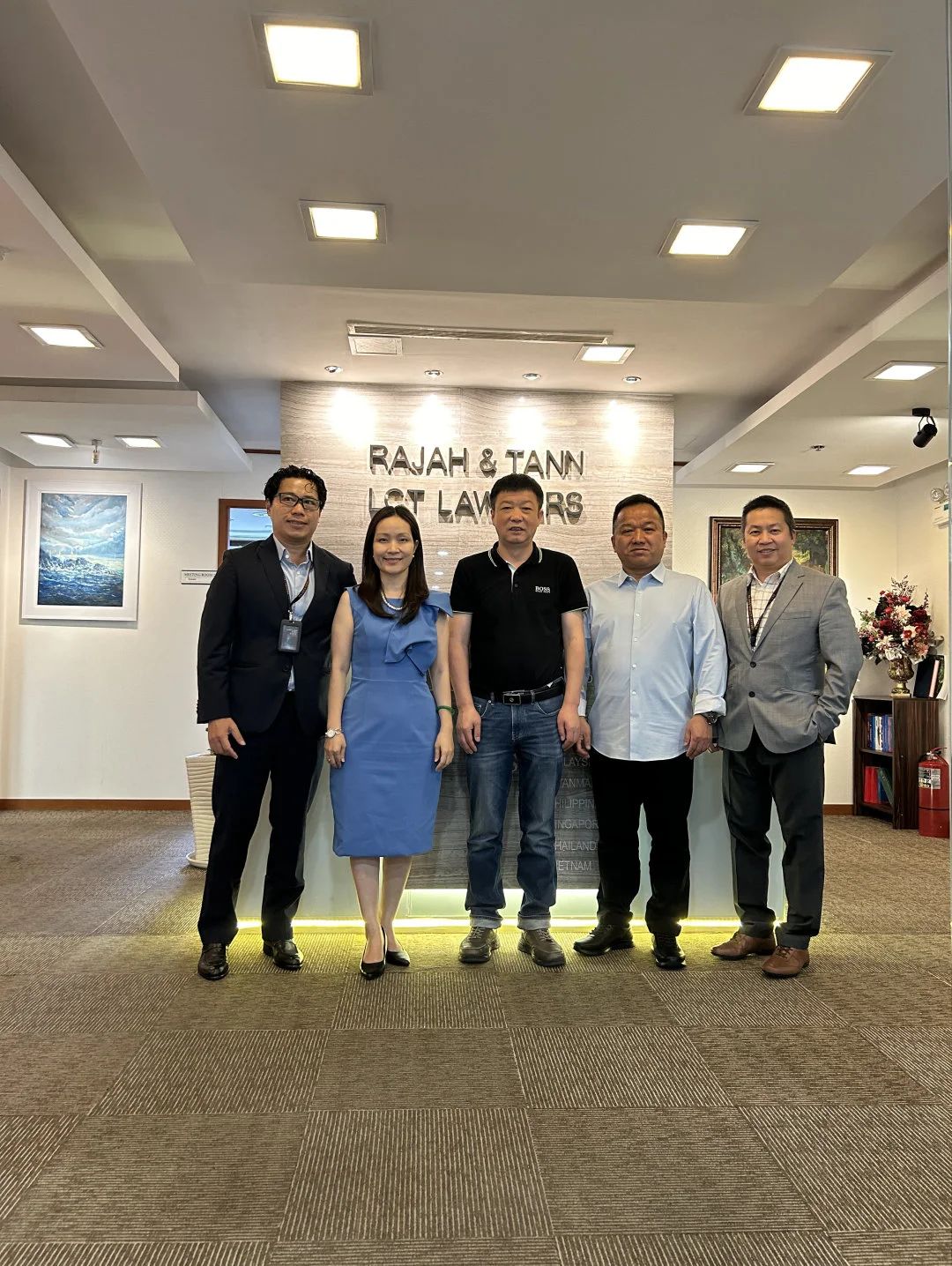 2024-04-09 16:01:04
2024-04-09 16:01:04 -
2024-04-15 16:34:57
-
2024-04-15 16:43:36
-
2024-04-18 16:34:31
-
2024-04-24 16:02:32
-
2024-04-25 17:26:30
-
2024-05-07 16:30:51
-
2024-05-11 14:54:18
-
2024-05-20 17:00:26
-
2024-05-31 16:19:03
-
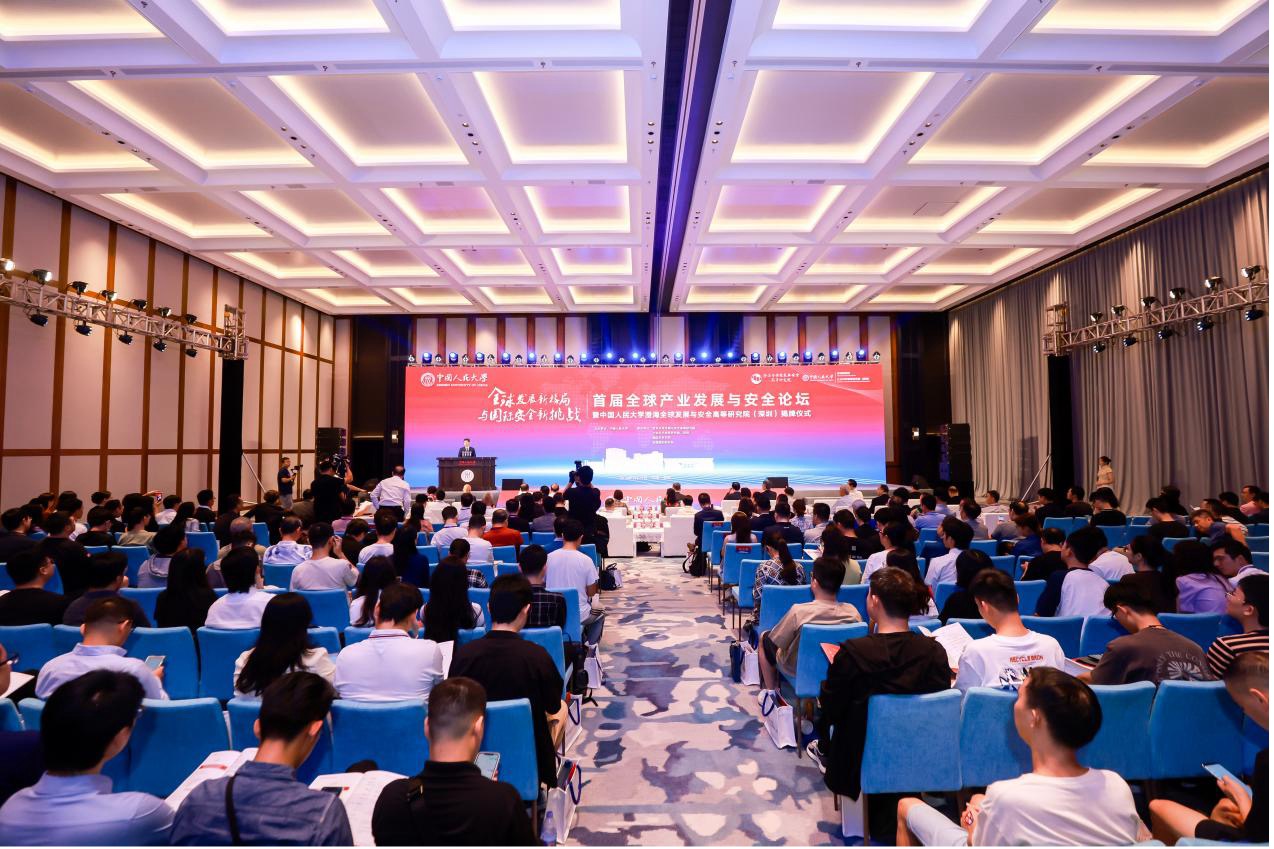 2024-05-31 16:41:28
2024-05-31 16:41:28 -
2024-05-31 16:53:49
-
2024-06-03 17:06:33
-
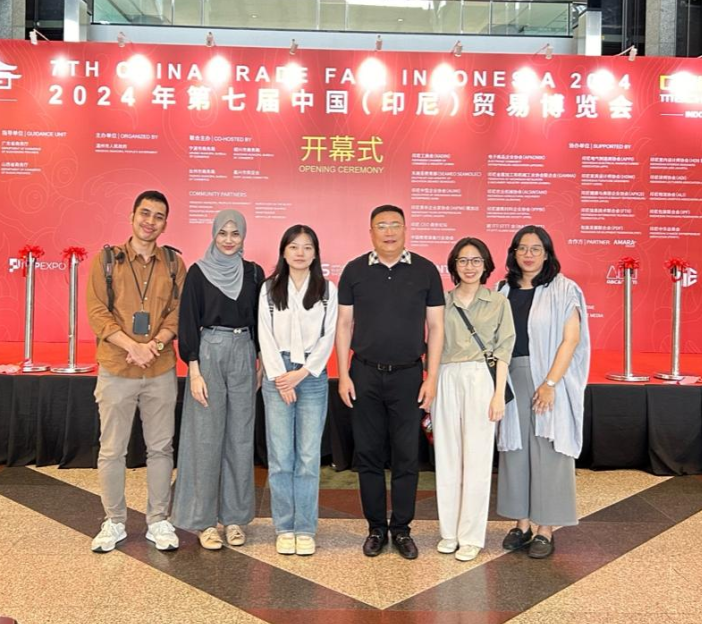 2024-06-19 16:45:08
2024-06-19 16:45:08 -
 2024-06-24 11:44:37
2024-06-24 11:44:37 -
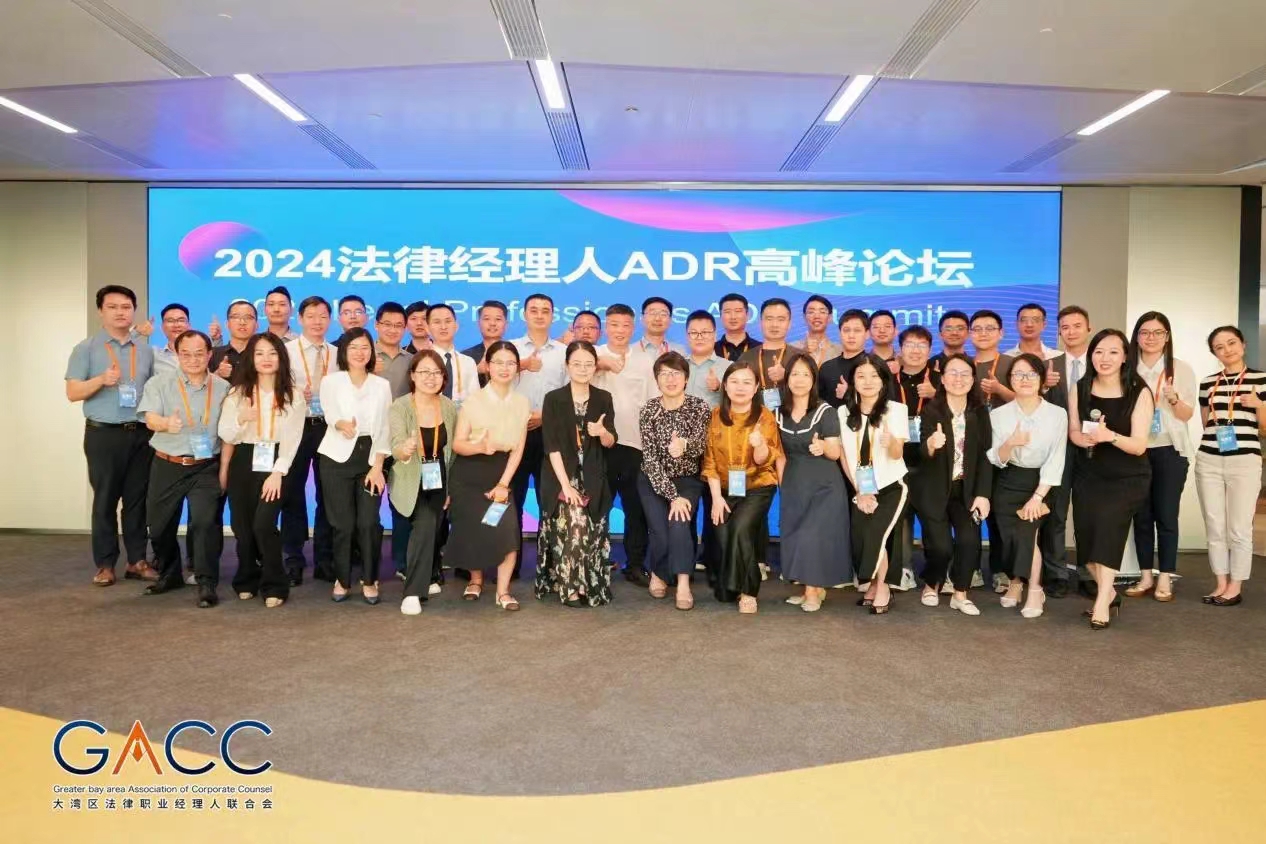 2024-06-24 17:56:13
2024-06-24 17:56:13 -
(1).png) 2024-06-25 15:34:49
2024-06-25 15:34:49 -
(1)(1).png) 2024-06-25 15:41:16
2024-06-25 15:41:16 -
.png) 2024-06-28 10:09:40
2024-06-28 10:09:40 -
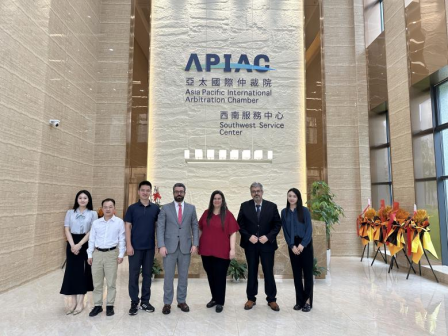 2024-07-03 14:33:07
2024-07-03 14:33:07 -
.png) 2024-07-03 14:53:48
2024-07-03 14:53:48 -
 2024-07-04 16:52:21
2024-07-04 16:52:21 -
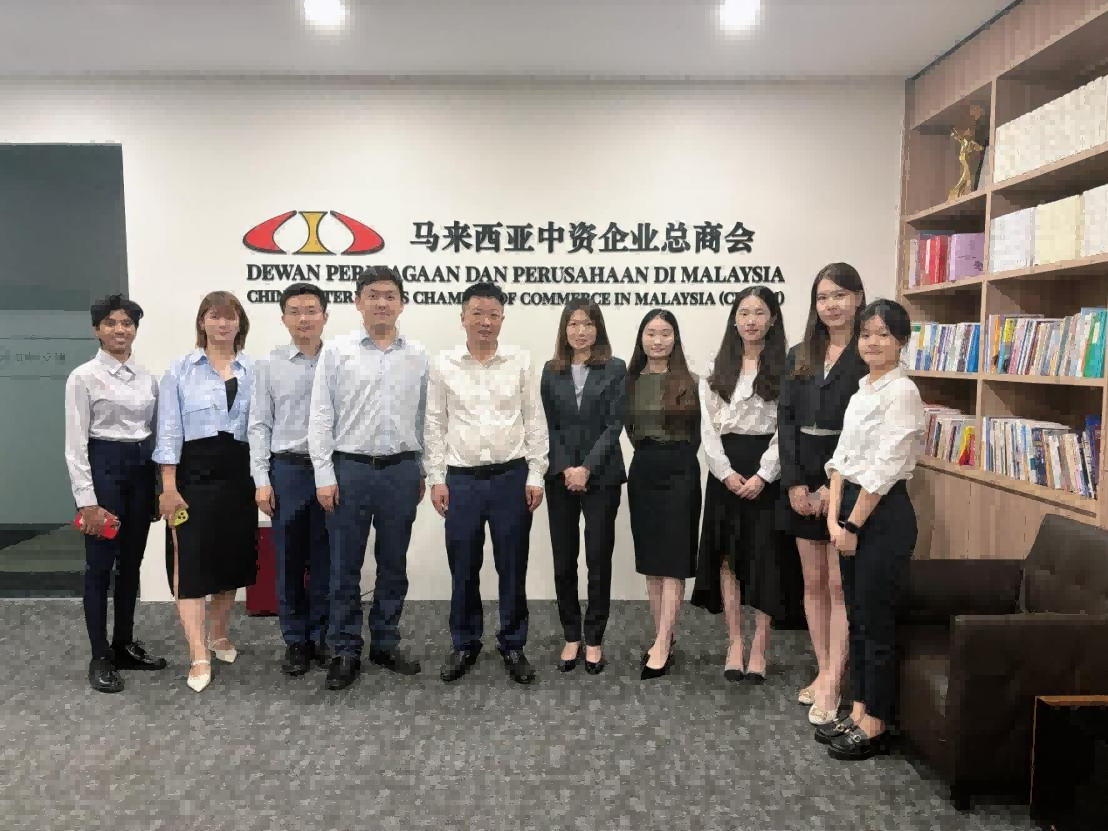 2024-07-09 09:31:59
2024-07-09 09:31:59 -
受邀参加“中资企业印尼投资法律论坛”(1).png) 2024-07-12 09:22:59
2024-07-12 09:22:59 -
.png) 2024-07-16 09:36:49
2024-07-16 09:36:49 -
.png) 2024-07-16 11:37:03
2024-07-16 11:37:03 -
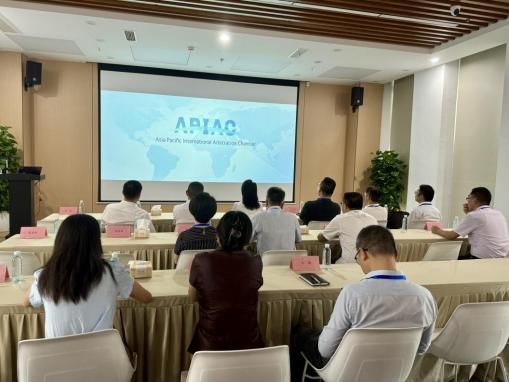 2024-07-19 10:43:08
2024-07-19 10:43:08 -
.png) 2024-07-22 10:59:23
2024-07-22 10:59:23 -
 2024-07-23 09:31:20
2024-07-23 09:31:20 -
.png) 2024-07-23 14:12:58
2024-07-23 14:12:58 -
.png) 2024-08-19 09:19:47
2024-08-19 09:19:47 -
.png) 2024-08-19 10:28:22
2024-08-19 10:28:22 -
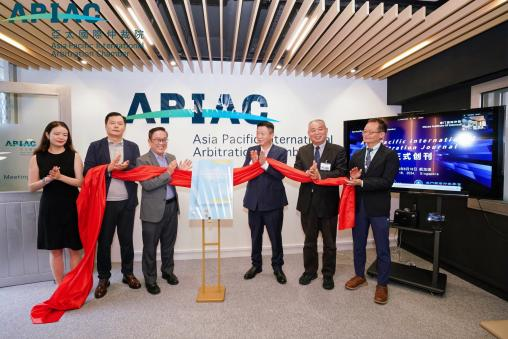 2024-08-29 10:12:54
2024-08-29 10:12:54 -
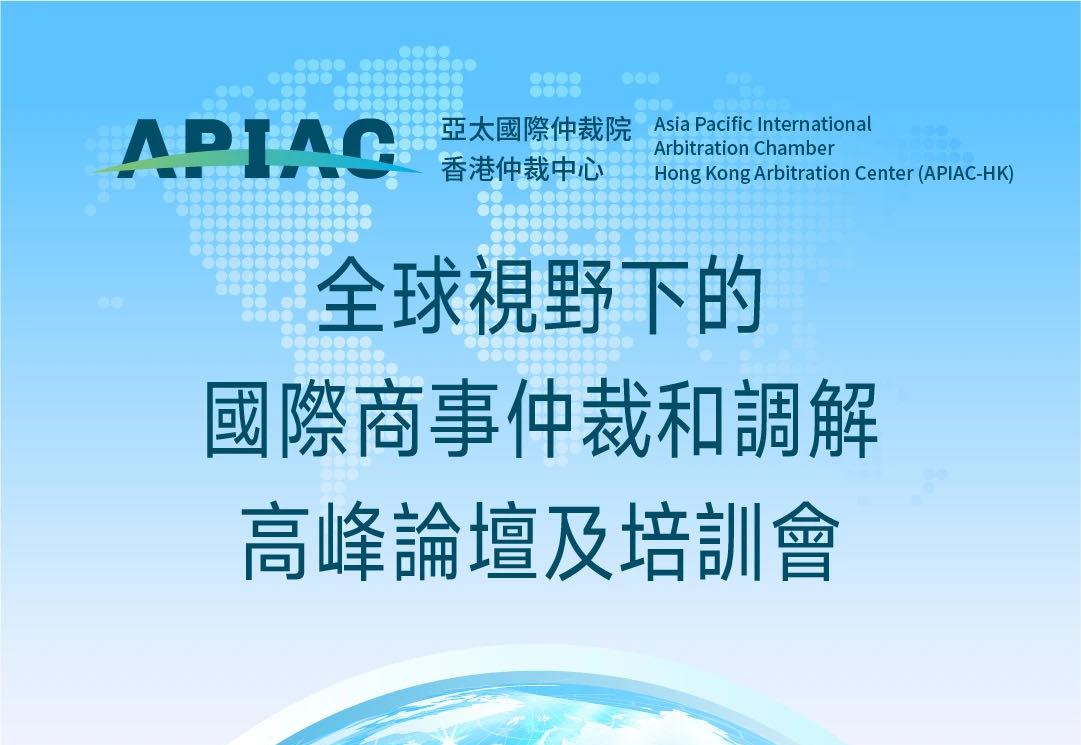 2024-09-03 17:10:04
2024-09-03 17:10:04 -
.png) 2024-09-04 11:52:59
2024-09-04 11:52:59 -
) 2024-09-05 10:17:01
2024-09-05 10:17:01 -
.png) 2024-09-09 14:35:19
2024-09-09 14:35:19 -
 2024-09-09 15:10:13
2024-09-09 15:10:13 -
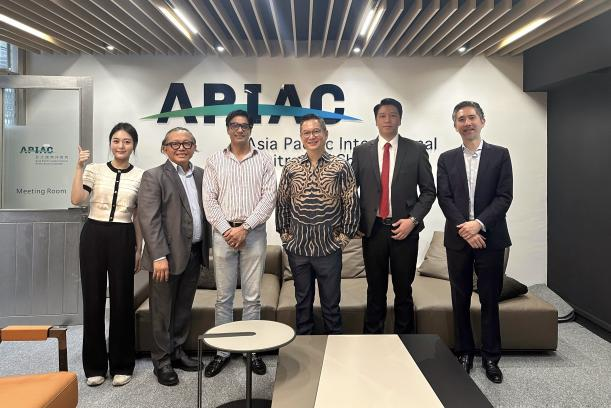 2024-09-10 10:49:03
2024-09-10 10:49:03 -
.png) 2024-09-14 14:22:46
2024-09-14 14:22:46 -
.png) 2024-09-14 15:38:09
2024-09-14 15:38:09 -
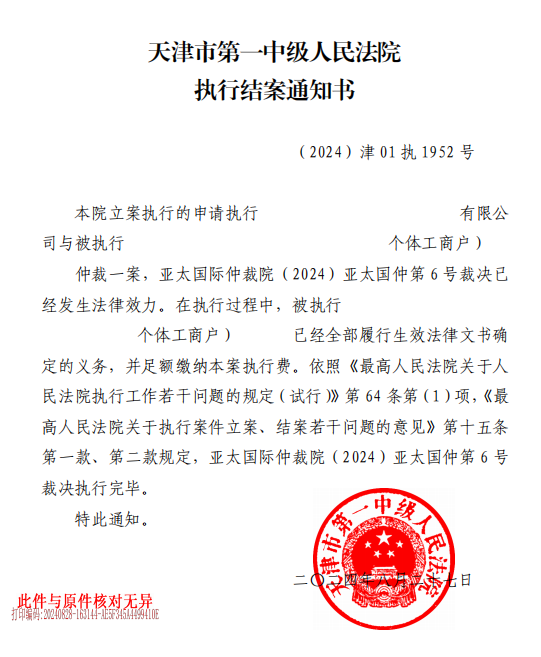 2024-09-18 11:33:35
2024-09-18 11:33:35 -
.png) 2024-09-18 14:26:08
2024-09-18 14:26:08 -
(1).png) 2024-09-23 16:07:22
2024-09-23 16:07:22 -
.png) 2024-09-23 16:17:09
2024-09-23 16:17:09 -
.jpg) 2024-09-23 17:08:06
2024-09-23 17:08:06 -
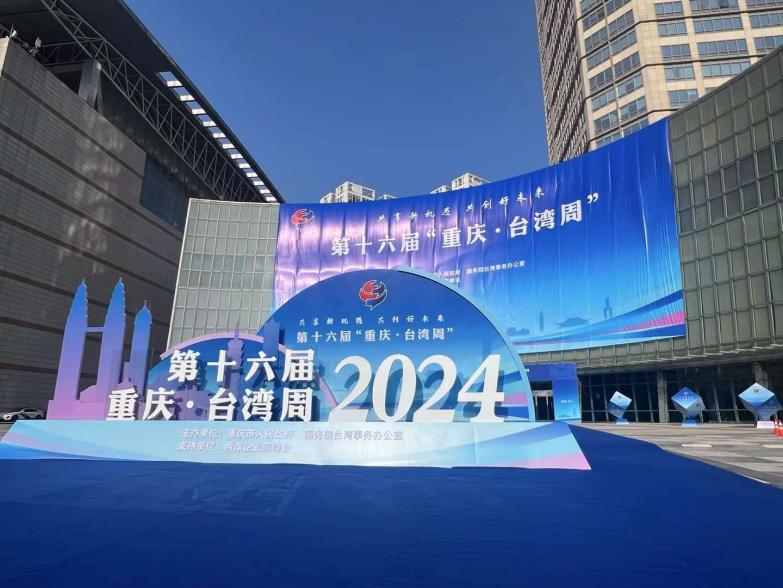 2024-09-24 09:48:07
2024-09-24 09:48:07 -
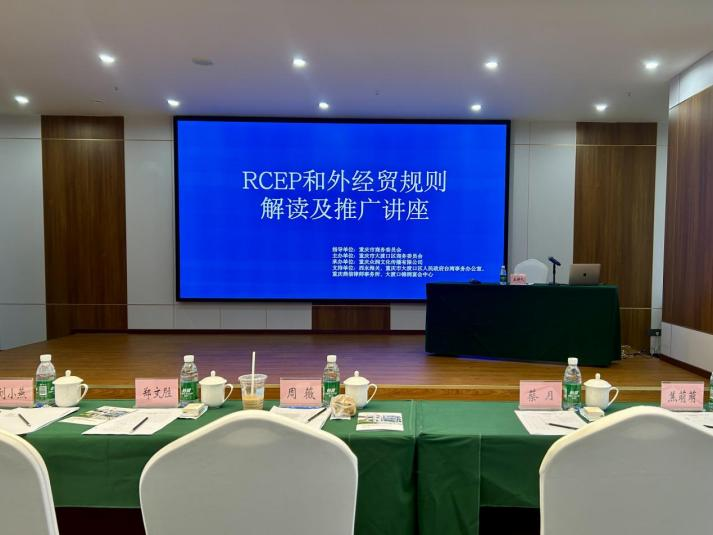 2024-09-24 12:00:38
2024-09-24 12:00:38 -
 2024-09-24 15:13:56
2024-09-24 15:13:56 -
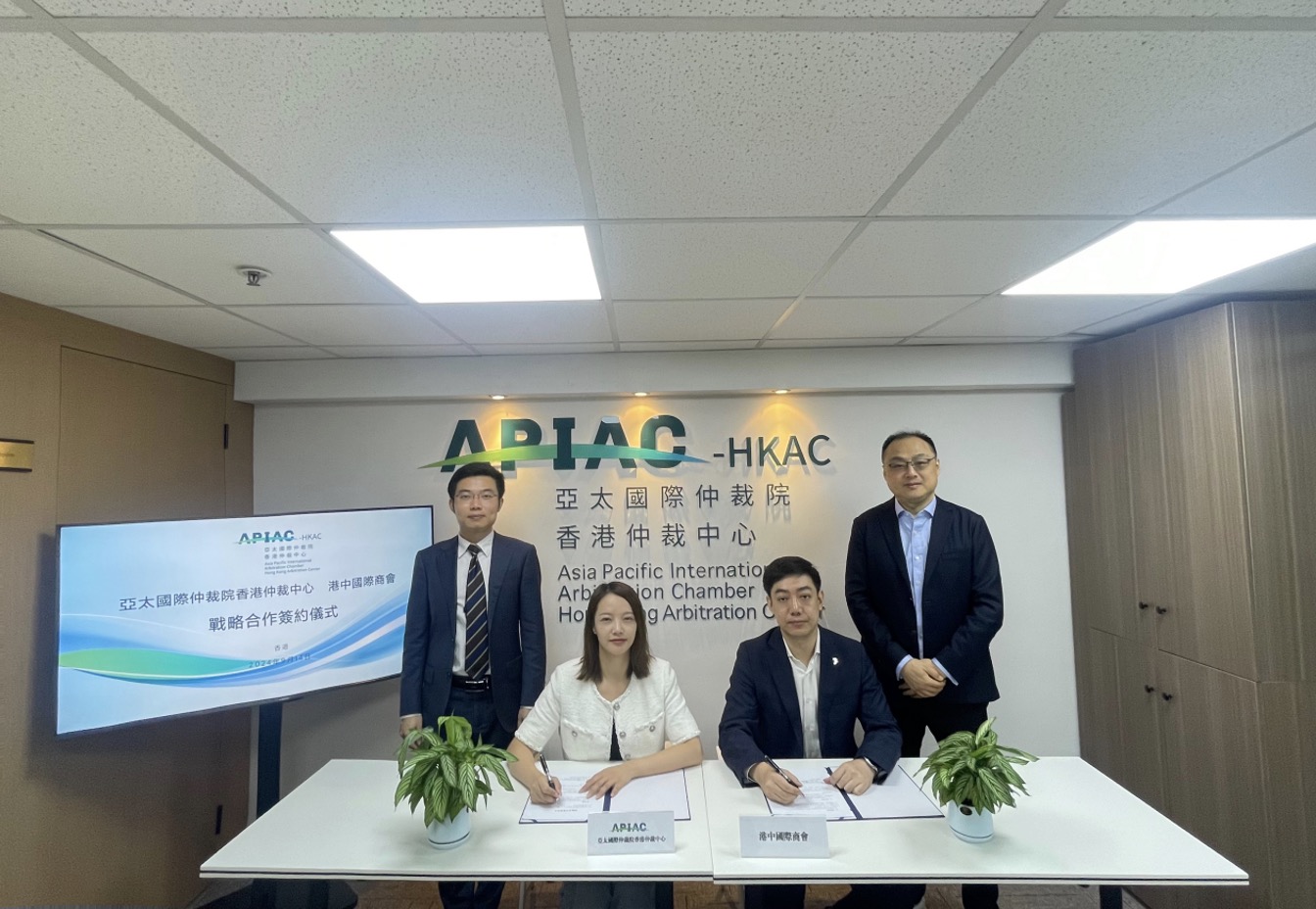 2024-09-25 16:06:59
2024-09-25 16:06:59 -
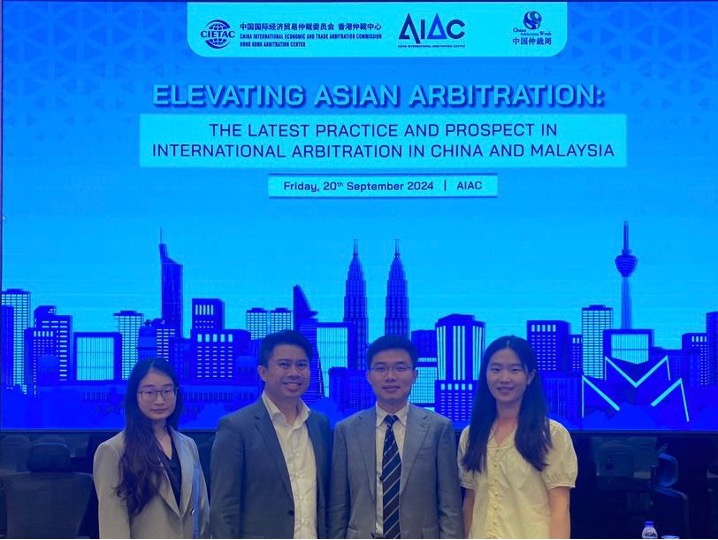 2024-09-27 16:32:47
2024-09-27 16:32:47 -
 2024-09-29 16:35:43
2024-09-29 16:35:43 -
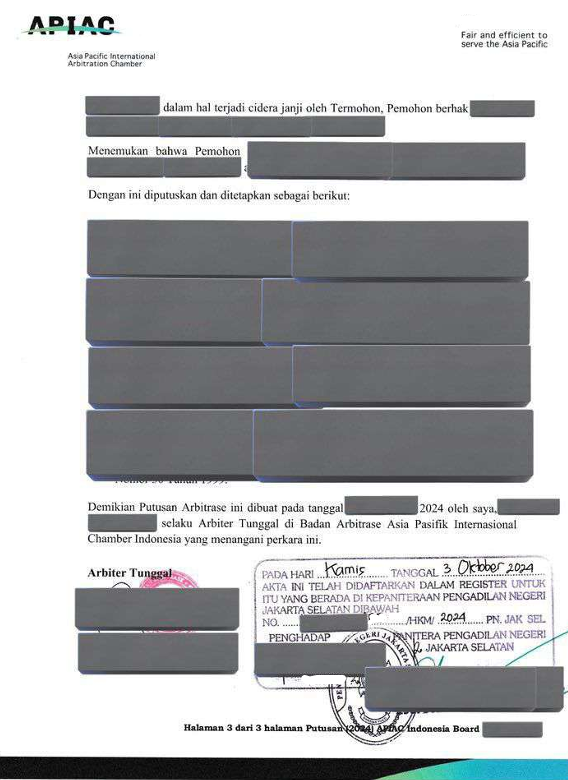 2024-10-09 09:38:56
2024-10-09 09:38:56 -
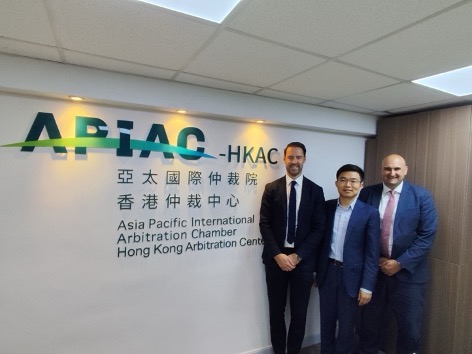 2024-10-10 15:40:31
2024-10-10 15:40:31 -
 2024-10-11 15:13:22
2024-10-11 15:13:22 -
 2024-10-23 17:08:52
2024-10-23 17:08:52 -
 2024-10-23 17:10:37
2024-10-23 17:10:37 -
 2024-10-23 17:12:12
2024-10-23 17:12:12 -
 2024-10-24 12:36:20
2024-10-24 12:36:20 -
 2024-10-29 15:45:32
2024-10-29 15:45:32 -
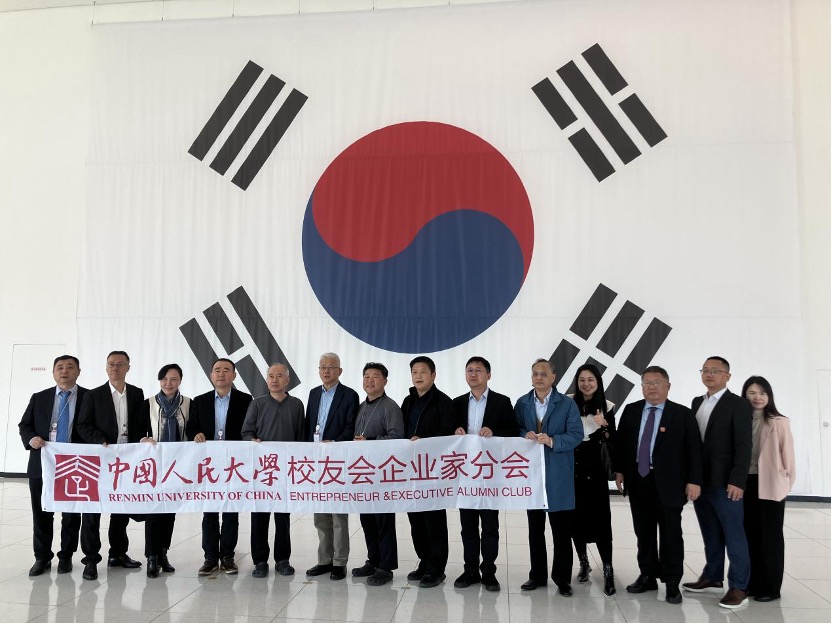 2024-11-01 16:45:33
2024-11-01 16:45:33 -
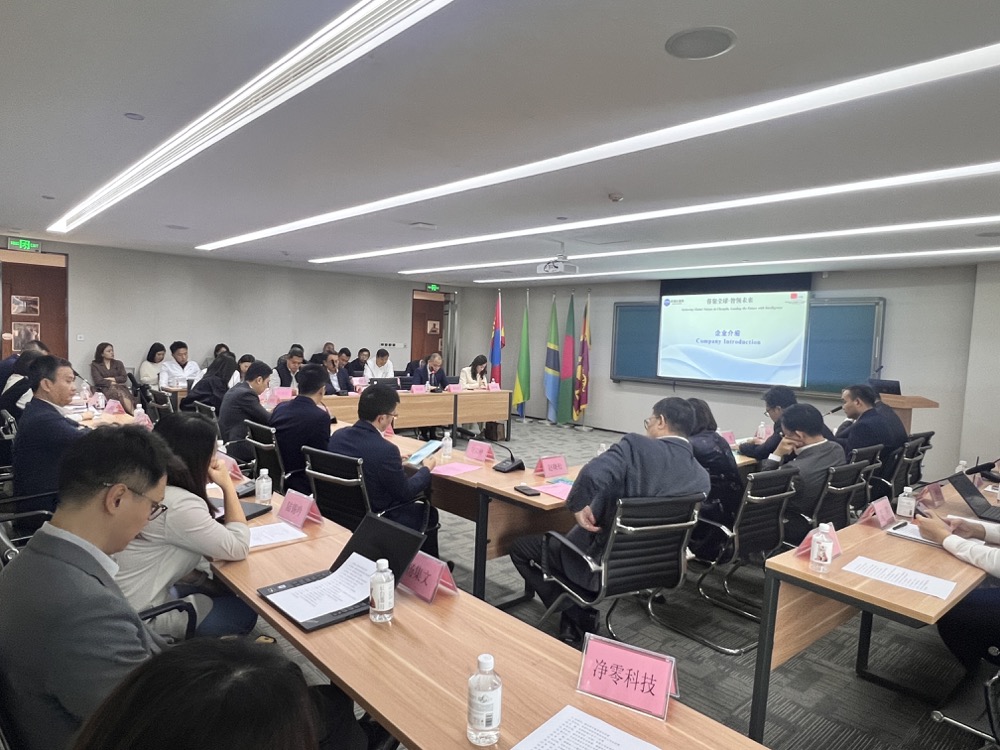 2024-11-01 16:50:15
2024-11-01 16:50:15 -
 2024-11-01 18:07:18
2024-11-01 18:07:18 -
 2024-11-05 15:44:55
2024-11-05 15:44:55 -
 2024-11-05 15:53:12
2024-11-05 15:53:12

 CN
CN BI
BI